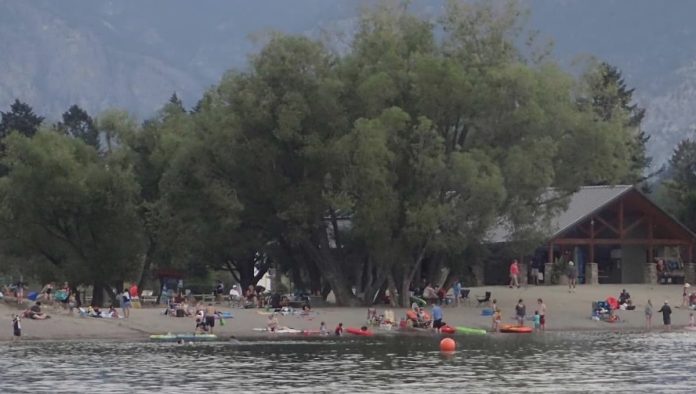Researchers studying the impacts of motorboating on BC’s Lake Windemere say the results are concerning.
The two-year long study assessed recreational impacts on Lake Windermere BC by compiling 2022 and 2023 aquatic sampling programs, foreshore inventory and mapping (FIM/FIMP) data, boat density surveys, a Lake Windermere Ambassadors resident survey, and existing reports.
Previously collected sediment cores and lake data were used to understand long term threats from power boating activity to source water protection and habitat values.
The concerns centre around the lake’s shallow depth and soft bottom sediment impacting fish, birds, and other aquatic life with researchers believing Lake Windermere is not suited to heavy power boat usage, particularly wake-producing vessels.
“The current and projected boating use of Lake Windermere has potential to harm lake water quality, habitat values, domestic water intakes and quality, tourism, recreational values, and the local economy,” said the report.
“The boat tally component of this study demonstrated that powerboating and particularly wake-surfing exceeds the safe boating capacity of Lake Windermere on summer weekends when tourism peaks.”
The report continued: “Lake Windermere is unlikely to withstand increasing power boat and especially wake-surf pressure without harm to its ecology, water quality and aesthetic value.”
The researchers state there should be a carrying capacity of 200 vessels, however this number is often exceeded in peak tourist season which leads to overcrowding and a higher risk for lake users.
And the report concludes that the most popular boating type found on Lake Windermere is the least suited to the lake and recommend a mechanism to limit the number and horsepower of power boats operating on the lake throughout the summer.
Lake Windemere is a widening of the Columbia River and part of the Columbia wetlands, one of the longest intact wetlands in North America.

